Bismillah.
“Greatness today is usually overrated”, I said to myself with my eyes full of tears. They were tears of shame, due to our lowering the standards of greatness. And they were tears of love, for those who were actually great.
Many of you would know about Umar (RA) and his life and death. And many of you wouldn’t know anything about him. Whichever category you lie in, rest assured the following story will move you, coming first hand from someone who met him and knew him.
`Amr bin Maimun narrated:
I saw `Umar bin Al-Khattab a few days before he was stabbed in Medina. He was standing with Hudhaifa bin Al-Yaman and `Uthman bin Hunaif to whom he said, “What have you done? Do you think that you have imposed more taxation on the land (of As-Swad i.e. ‘Iraq) than it can bear?” They replied, “We have imposed on it what it can bear because of its great yield.” `Umar again said, “Check whether you have imposed on the land what it can not bear.” They said, “No, (we haven’t).” `Umar added, “If Allah should keep me alive I will let the widows of Iraq need no men to support them after me.” But only four days had elapsed when he was stabbed (to death).
A man so bent on taking care of everyone, one of the biggest proponents of social welfare, the one who considered the underprivileged and weak class of society his responsibility, who would consider killing such a man but an enemy of humanity? Because indeed, his death was not a loss merely to the followers of a certain faith but to more than half the world that was under his rule.
But how was he stabbed? `Amr continues the story, describing the scene where Muslims were gathered together for their prayer, standing in neat rows.
The day he was stabbed, I was standing and there was nobody between me and him (i.e. `Umar) except `Abdullah bin `Abbas. Whenever `Umar passed between the two rows, he would say, “Stand in straight lines.” When he saw no defect (in the rows), he would go forward and start the prayer with Takbir. He would recite Surat Yusuf or An-Nahl or the like in the first rak`a so that the people may have the time to Join the prayer.
This is the beauty of the Muslim congregational prayer. It is an icon of unity, discipline, strength, kinship and commitment. It teaches how to be an accountable leader and how to be a good follower. So on this particular day, as was the routine, Umar (RA) came forward to lead the prayer after making sure that all was in order.
`Amr says: As soon as he said Takbir, I heard him saying, “The dog has killed or eaten me,” at the time he (i.e. the murderer) stabbed him. A non-Arab infidel proceeded on carrying a double-edged knife and stabbing all the persons he passed by on the right and left (till) he stabbed thirteen persons out of whom seven died. When one of the Muslims saw that, he threw a cloak on him. Realizing that he had been captured, the non-Arab infidel killed himself, `Umar held the hand of `Abdur-Rahman bin `Auf and let him lead the prayer. Those who were standing by the side of `Umar saw what I saw, but the people who were in the other parts of the Mosque did not see anything, but they lost the voice of `Umar and they were saying, “Subhan Allah! Subhan Allah! (i.e. Glorified be Allah).” `Abdur-Rahman bin `Auf led the people a short prayer…
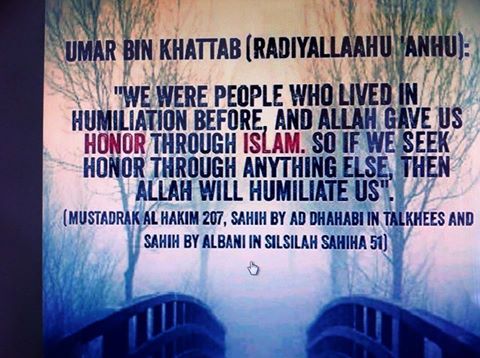
The great leader and ruler of more than half the world was stabbed, along with thirteen other people, and yet, the congregational prayer continued. Not a moment of chaos or confusion was observed. The height of their commitment to Allah, the One true God, can be easily perceived in this situation. Their training was so immaculate that no outcries were heard and the one commanded to lead in place of the leader led calmly.
Ask yourself, if your leader is stabbed in a public place, what would happen? What is generally observed in such a situation? A commotion that would scare the weak hearted to death. Some people would run away. Some would scream. Some would try to help the victims. Some would start discussing who is responsible for this crime. Opinions, arguments and cries would be heard all over the place.
The question is what kept those people around Umar (RA) calm? And the answer is pretty simple, they established the congregational prayer regularly. Therefore discipline and calmness was their habit. Unfortunately, today if you go to a masjid at the time of prayer, you’d see half a row of people praying together only. It is a sight that stabs our hearts everytime we see it. Nothing can unite us more or strengthen our bonds more than praying together in the masjid at the prescribed times. The benefits of the congregational prayer alone deserve a separate post.
After the prayer finished, Umar (RA) talked to his companions without any display of pain or self pity, asking them who had stabbed him. He was carried to his home and the people of the city felt as if they had never suffered a bigger calamity before. He was made to drink some infusion of dates and milk, but it came out of his stomach. Imagine the pain he would be going through and imagine the sadness of the people for their beloved leader.
…A young man came saying, “O chief of the believers! Receive the glad tidings from Allah to you due to your company with Allah’s Messenger (ﷺ) and your superiority in Islam which you know. Then you became the ruler (i.e. Caliph) and you ruled with justice and finally you have been martyred.” `Umar said, “I wish that all these privileges will counterbalance (my shortcomings) so that I will neither lose nor gain anything.”
No doubt he was just and fair, he had ruled to the best of his ability and yielded amazing results. But you don’t even see a speck of arrogance, nor even contentment upon the quality of his work. Rather you see him being afraid of accountability. Only hoping to be forgiven. Sadly, those who rule without justice and responsibility, demonstrate pride and satisfaction over don’t know what.
When the young man turned back to leave, his clothes seemed to be touching the ground. `Umar said, “Call the young man back to me.” (When he came back) `Umar said, “O son of my brother! Lift your clothes, for this will keep your clothes clean and save you from the Punishment of your Lord.”
He is wounded badly and near his death but he doesn’t fail to notice what’s not right around him and strives to correct it in the best manner possible, with sincerity and honesty. Because he felt it was his responsibility to save the young man from clear error.
We stop doing our own personal work when we feel unwell or sad, let alone calling others to good and stopping them from evil. We think too much about ourselves in contrast to this just man who thought of everyone else even in his own suffering. He continued to instruct his companions with an exemplary presence of mind, making sure he missed out no important detail and left no one under his rule ignored and speaking only that which was good and beneficial. The question that bugs is how could he use his mind and that too so well and talk so calmly in such a state? Again, the answer is simple. Because he had done it all his life. Whatever you did your whole life, you’ll end up doing that near your death. It’s like a default position. And default does not require too much effort. The one who spent his life talking good and used his mind well, will be able to talk good and use his mind easily in old age, in a calamity and near his death. And the converse holds true as well.
Though the story does not end here and its beauty does not diminish till the end, but I must stop as my post is getting long. :)
May Allah make us true followers of Islam and people of justice. And raise us on the Day of Judgement with the Prophets, martyrs, truthful and righteous people.
Read the whole story here and extract the amazing gems from it yourself: click for complete narration.
Poem on the legendary heroes of Islam:
https://lightenitup.wordpress.com/2013/06/05/gone-with-the-wind/

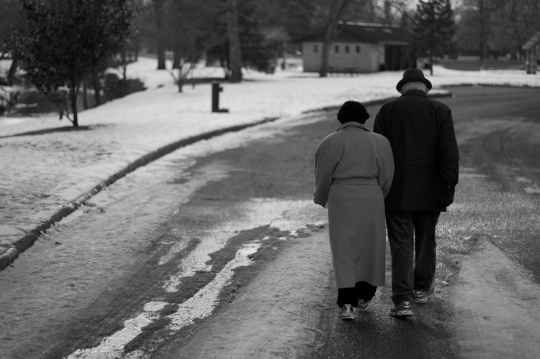
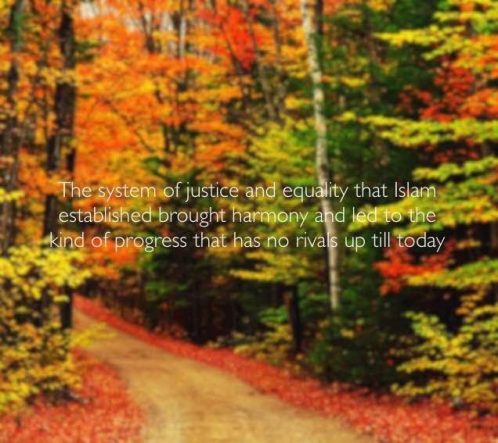
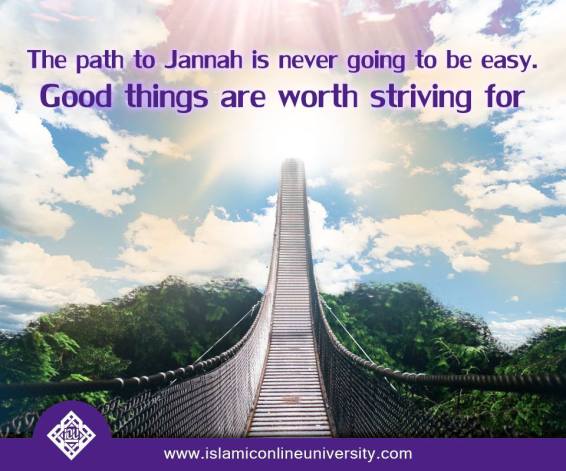
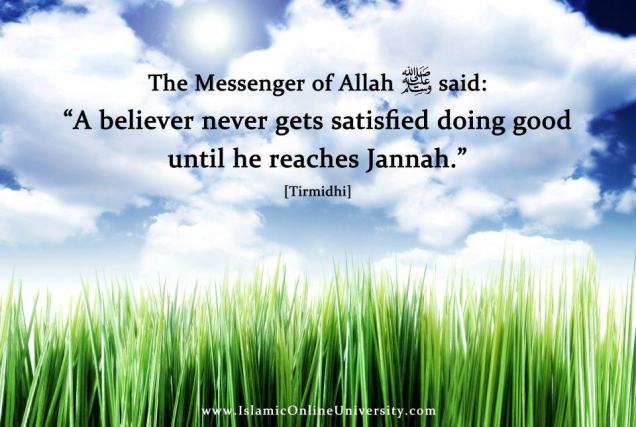




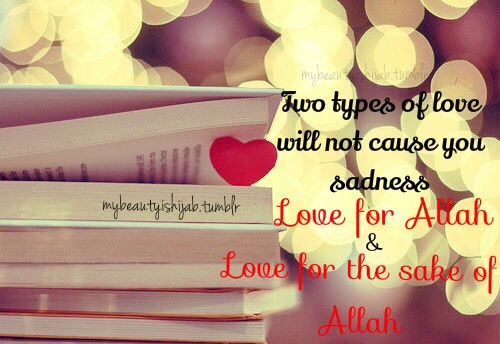

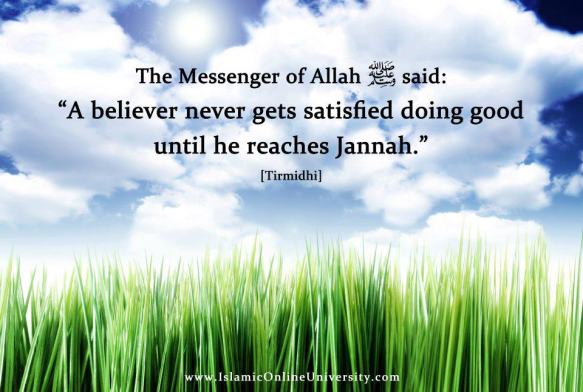
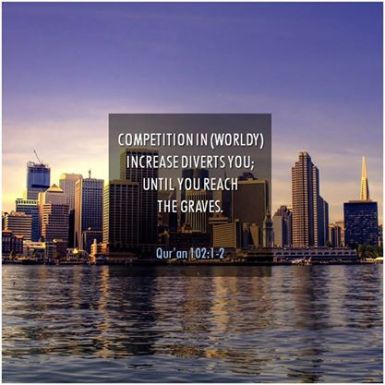

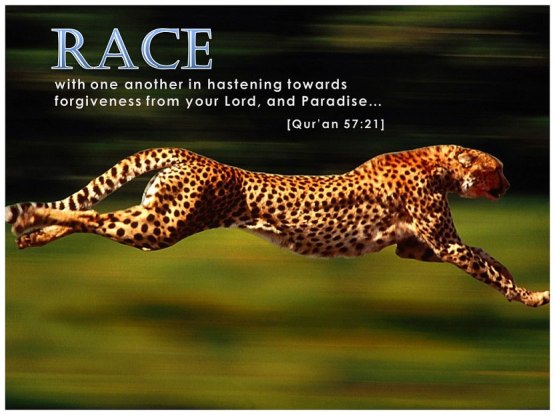
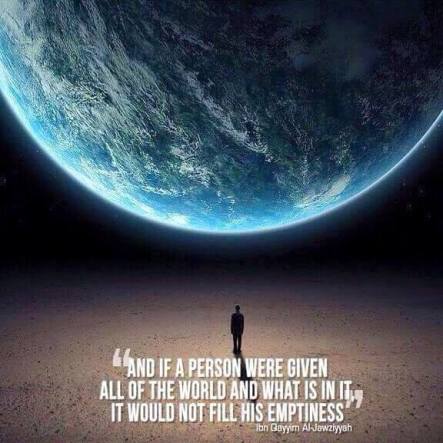

Written by Hajrah
1 Comment